WWF-New Zealand: Nature Is In NZ’s First Emissions Reduction Plan But Where Is Our Ocean?
A statement from WWF-New Zealand CEO, Livia Esterhazy:
WWF-New Zealand is thrilled to see nature and nature-based solutions front and centre of our first Emissions Reductions Plan. However, given how little our ocean features in the ERP, you’d be forgiven if you thought that our ocean is separate from nature.
It’s fantastic we now have a plan to reduce emissions to meet our goal to limit warming to 1.5 degrees. We are among the few countries to actually establish a long-term plan to reduce emissions, which will be essential in holding this and future Government’s accountable to meeting our net-zero by 2050 targets. It is a massive undertaking that touches on all sectors and recognises biodiversity and climate change are two sides of the same coin. It’s great to see the Government has recognised the need to address both in order to reduce emissions and build a resilient future.
As always, however, the success of any plan remains in the details. WWF-New Zealand is concerned by the lack of importance placed on our ocean within the ERP. While the ocean is referenced within the plan, the fact that every single life in Aotearoa is dependent on our ocean for survival, there seems to be a serious lack of attention paid to the role it plays in mitigation, adaptation, and ultimately helping to solve our climate and biodiversity crises.
Our ocean produces food, supports livelihoods, regulates our climate, and is responsible for around 80% of our indigenous biodiversity. It acts as a buffer, protecting us from climate impacts by absorbing much of the heat and carbon we emit, and in return it generates at least half of Earth’s oxygen.
The Government says more research is needed to understand the role of non-forest ecosystems in climate change policy but we already know that our ocean is a carbon sink. We also know our ocean is already struggling trying to keep up with our current behaviour. It’s becoming warmer and more acidic, and the number of dead zones have quadrupled over the last six decades.
Decades of under-researching and under-investing has meant that less than 1% of our marine and coastal biodiversity is protected, while over 30% of our land is protected. With the fourth largest Exclusive Economic Zone in the world, we have a lot of unprotected ocean. It is impossible to solve the climate crisis without addressing the protection and restoration of our ocean. We agree with the Government that nature and biodiversity are integral to solving the climate crises. Nature-based solutions are essential, but one of Aotearoa’s greatest strengths to meet our climate and biodiversity goals is through our ocean and blue economy.
There is an opportunity, and an urgent need, to put greater investment into our blue economy. This plan is a good first step, but it can’t be a big step without our moana.


 Gordon Campbell: On bird flu, AUKUS entry fees and Cindy Lee
Gordon Campbell: On bird flu, AUKUS entry fees and Cindy Lee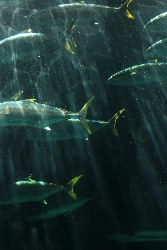 NZ Government: New Lab To Help Protect Key Pacific Tuna Fisheries
NZ Government: New Lab To Help Protect Key Pacific Tuna Fisheries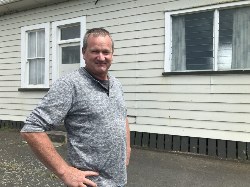 Susan Botting - Local Democracy Reporter: Ruawai Leader Slams Kaipara Council In Battle Over $400k Property
Susan Botting - Local Democracy Reporter: Ruawai Leader Slams Kaipara Council In Battle Over $400k Property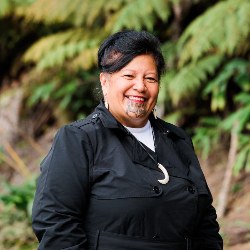 Te Pati Maori: Another ‘Stolen Generation’ Enabled By Court Ruling On Waitangi Tribunal Summons
Te Pati Maori: Another ‘Stolen Generation’ Enabled By Court Ruling On Waitangi Tribunal Summons Peace Action Wellington: Die In for Palestine Marks ANZAC day
Peace Action Wellington: Die In for Palestine Marks ANZAC day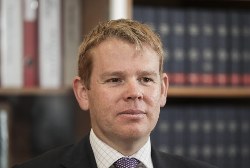 Labour Party: Penny Drops – But What About Seymour And Peters?
Labour Party: Penny Drops – But What About Seymour And Peters?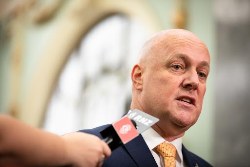 Government: PM Announces Changes To Portfolios
Government: PM Announces Changes To Portfolios


